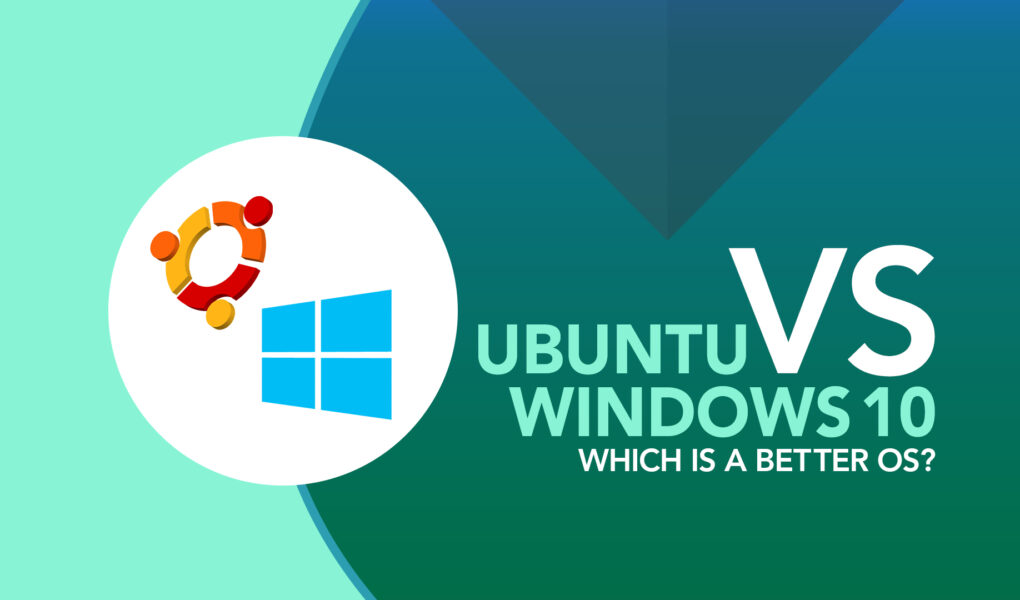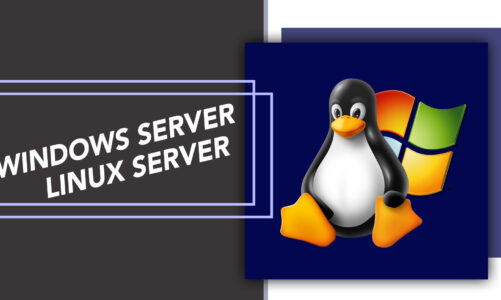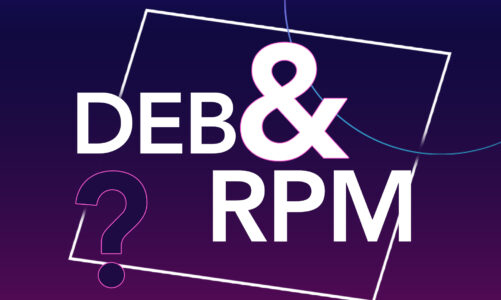Operating systems serve as the fundamental infrastructure of computers, carrying out the crucial task of organizing and regulating both hardware and software resources. The choice of the right OS is crucial for ensuring optimal performance, security, and user experience.
Ubuntu and Windows 10 are among the most favored and extensively employed operating systems across the globe. Both offer unique features, functionalities, and user experiences. Even for a tech guy, choosing between the two can turn out to be a confusing task but if you are aware of the differences, you can make a perfect choice. This article is therefore going to present you with a comprehensive comparison of the operating system and will determine which is a better OS.
Ubuntu Vs Windows 10: Key differences
1: User Interface
- The user interface of Ubuntu is designed to be uncluttered, uncomplicated, and user-friendly, enabling users to effortlessly explore and accomplish tasks. The UI is highly customizable, with various themes and desktop environments available. The Unity desktop environment is the default in Ubuntu, but users can switch to others such as KDE, GNOME, or Xfce.
- Windows 10 has a more traditional UI that is similar to its predecessor, Windows 7. It reintroduced the Start menu, a feature that was absent in Windows 8. The UI is also customizable, with various themes and options available.
2: Security
- Ubuntu is considered more secure than Windows 10. It is less prone to viruses, malware, and cyber-attacks due to its open-source nature, regular updates, and built-in security features. Ubuntu comes equipped with an automatic security update system as well as a firewall, providing robust protection for the system’s security.
- Windows 10 is more prone to security issues due to its popularity and closed-source nature. It is a frequent target of malware, viruses, and cyber-attacks. However, Microsoft has improved its security features, such as Windows Defender, BitLocker, and Secure Boot, to ensure better security.
3: Performance
- Ubuntu is recognized for its speed and high performance. Due to its lightweight nature, the operating system can seamlessly operate on older hardware without encountering any problems. Ubuntu uses fewer system resources than Windows 10, resulting in faster boot times, app launch times, and overall system performance.
- Windows 10 requires more system resources than Ubuntu. It may slow down older hardware or systems with low RAM or storage space. However, it is optimized for gaming and multimedia tasks and supports more software and hardware than Ubuntu.
4: Software Availability
- Ubuntu is known for its vast collection of free and open-source software, which can be easily installed from the Ubuntu Software Center or through the command line interface. The majority of the software that can be accessed on Ubuntu is community-developed and offered at no cost.
- Windows 10 has a broader range of software and applications, including proprietary software developed by Microsoft and third-party software developed by various vendors. Most of the software available on Windows 10 is commercial and requires a license or subscription.
5: Updates and Upgrades
- Ubuntu follows a rolling release model, which means that updates are released continuously as soon as they are available. Ubuntu also releases a new version every six months, which includes significant updates and new features.
- Windows 10 follows a more traditional approach to updates and upgrades. Microsoft regularly releases updates that contain bug fixes, security patches, and performance enhancements.
6: Price
- Ubuntu is a free and open-source OS, which means users do not have to spend money on licenses or subscriptions. However, some versions of Ubuntu come with paid support and services.
- Windows 10 requires a license, which can be costly, especially for the Pro and Enterprise versions. Microsoft also offers subscriptions and support services, which can add to the overall cost.
7: Support
- There is a large and active community of users and developers for Ubuntu, who are available to offer support and help. It also has official documentation and forums available.
- Microsoft offers official support for Windows 10, including updates, patches, and troubleshooting guides. Ubuntu also provides access to a wide range of support forums and a vast knowledge base.
Which is a better OS?
The choice between Ubuntu and Windows 10 depends on the user’s specific needs, preferences, and requirements. If you prefer a lightweight, fast, and secure OS that is highly customizable and offers a wide range of free and open-source software, then Ubuntu is the better choice for you. It is ideal for users who prefer a clean and simple UI and do not require extensive gaming capabilities.
However, if you require compatibility with proprietary software and hardware and prefer a more traditional UI, then Windows 10 may be the better choice for you. It is a versatile, customizable, and gaming-optimized OS that supports a vast library of software and hardware.
Conclusion
To sum up, the comparison between Ubuntu and Windows 10 has highlighted some key differences in terms of performance, features, and software availability. While Ubuntu offers a robust and reliable platform with free software and customization options, Windows 10 provides a more polished and user-friendly interface with a vast software library.
All things considered, the debate over Ubuntu versus Windows 10 as the better operating system has no clear winner. Every operating system has its own set of advantages and drawbacks, hence selecting the optimal one depends on your specific requirements and goals.



